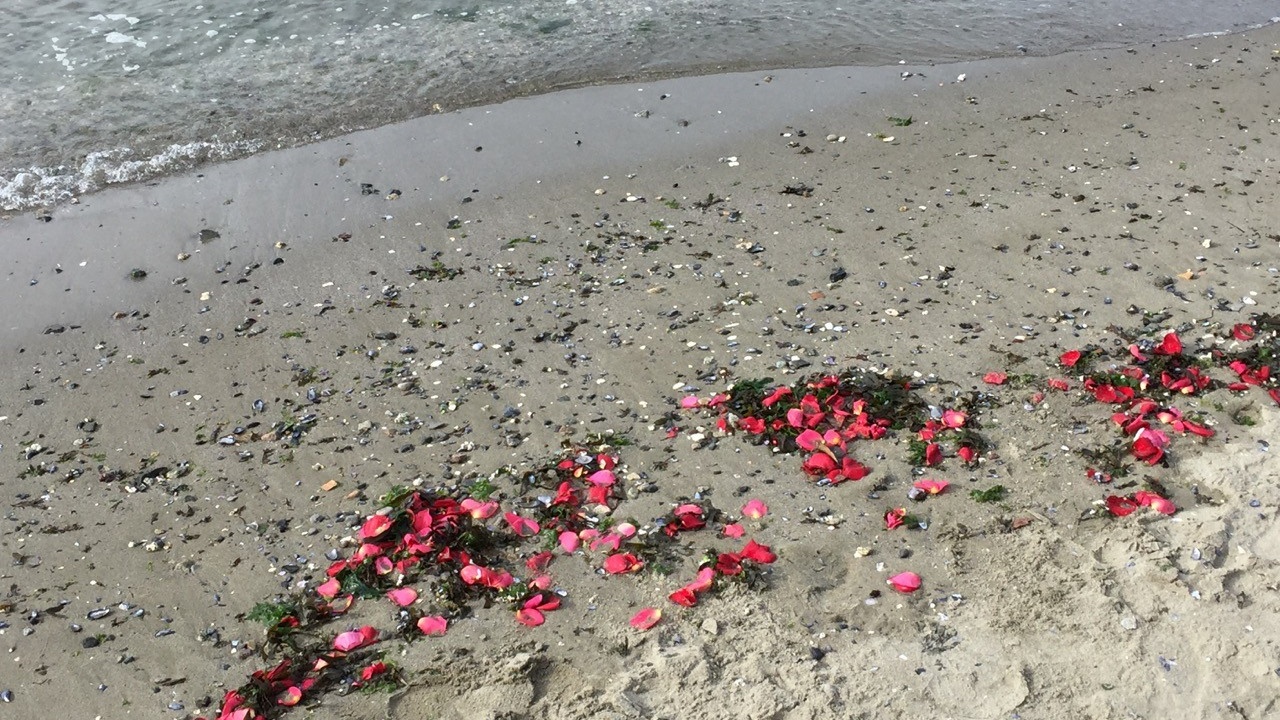
I Will Not Get Rid of You
Oct 17, 2016My first and last encounter with Mrs. X was in the cooler.
Mrs. X was a widow who died in hospital with her devoted son and daughter-in-law at her side. From her hospital room she was taken to the hospital morgue. With her son’s permission, she was then transferred from the morgue to the refrigeration unit operated by the funeral company. Since Mrs. X was not being viewed nor was she going to be present at a good-bye ceremony, this was her last stop before being cremated.
I carefully moved her in her white body-bag from the refrigeration unit to the table where she would be dressed before being placed in her cremation tray and then taken to the crematorium. We opened her body-bag and there she was – naked, mouth open, white disinfectant cream on her face. (The cream was placed by the transfer staff to protect her skin from the cold and to keep it hydrated in case she was going to be seen again.)
I wanted to wail. And I did, in bed later that night.
We wiped her face clean, put on the clothes provided by her family, put the cardboard lid over her and brought her to the crematorium to wait her turn. The end.
Why was I so distraught by what happened with Mrs. X? At first I thought it was her nakedness that disturbed me. We don’t know why she was naked, usually people are in a hospital gown or at least underwear. Or maybe it was the normal reaction for my first encounter with caring for a dead person at this stage of the process.
But the more I wrestled with it, I came to see that it pained me to know that I, a total stranger to Mrs. X, was to be the last person on earth to see her face, hold her hand, say thank you and good-bye. I mourned the fact that many of our communities in the Western world have evolved to this place where instead of caring for our own, we’ve professionalized and outsourced the care of our dead. There is now somewhere away from us they ‘go’ rather than a place they ‘stay’ with us so we can be with them, say a long good-bye and get a little bit used to this new reality.
I think about my mom, who now lives in a care home with severe dementia, unable to feed or toilet herself. But still able to hold my hand in a vice grip and occasionally say “Yes, darling”.
In earlier days when we talked about her inevitable death, she was dismissive and would say, “What do I care? I’m dead. Just get rid of me.” Maybe you’ve had a similar conversation. Maybe you even feel this way yourself. “Throw me in the trash,” my Mom would laugh.
No. I will not. I will not get rid of you.
I will not hand you over to strangers to see and touch your dead body. The body in which I was conceived and nourished. The body that devoted so much of its life to me.
But I would have. When the time came, I would have handed my Mom over to strangers without a second thought as to where she was going or who was taking care of her. I didn’t know what I didn’t know. And that’s what scares me.
It’s possible and even transformative, to be with our dead and our own mortality in a way that is enriching and meaningful.
Change is afoot. There is a growing movement of people across our lands who are seeking options to reclaim family and community-led care for our dead. I know that more and more of us have a sense that it’s possible, potentially even transformative, to be with our dead (and our own mortality) in a way that is enriching and meaningful. Count me in.
What about you?
How has your experience of being with a dying or dead person enriched your life?
How do you hope to be cared for when you die?



